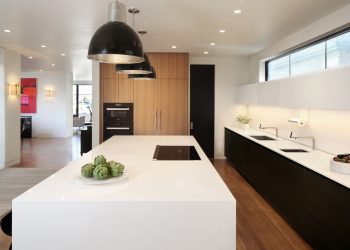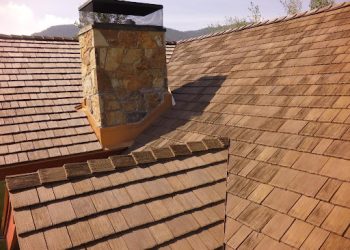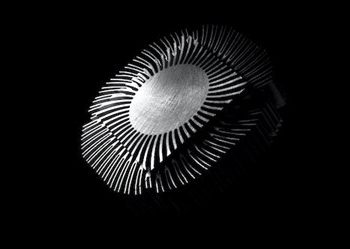For a home to be complete, it needs to have an adequate level of safety and security. There are many aspects of protection that you will need to make the home conducive and comfortable for yourself and your family. Below are some safety features you can look into;
1. Smoke Detectors
Carbon monoxide poisoning is a severe life-threatening issue and should be treated with the seriousness it deserves. Carbon monoxide detectors are necessary for every home to detect leaks from heating appliances such as water heaters and fireplaces. Smoke detectors are also an absolute necessity, especially in the kitchen, so get some.
2. Fire Extinguishers
The best way to protect your home is to plan for the unknown and unexpected events as well. One of the most devastating and life-altering situations is the presence of a fire. Fire is such a menace because it has many triggers such as electrical sparks, lit candles, and even sparks from the fireplace. It is essential always to have fire extinguishers that work correctly to stop and reduce any fire damage. A wise decision is to keep at least one fire extinguisher in the kitchen and another near the fireplace in the living room.
3. Emergency Exits
Even with the most advanced systems, it is still not guaranteed that the metrological department will successfully predict the intensity of an earthquake or flood. Therefore, it is pertinent that you prepare your home for the worst, especially if you live in areas prone to natural disasters. Make sure that everyone you share the house with knows where the emergency exits in your home are and how to use them. It helps to let your family know which disasters require them to flee the home as fast as possible and which need to be waited out while inside the house. When a fire breaks out, the evacuation plan is to lay low as you exit, while for earthquakes, it is advised to stay in the safest part of the house, like under the bathtub. You also need to ensure that younger kids and pets have an authority figure who will be in charge of emergency cases.
4. Reinforcing the House
Before purchasing a home or moving into an apartment like Bee Cave apartments, it is in your best interest to research which natural disasters are likely to hit and prepare adequately. Installing a flood door is a worthwhile investment for homes near large water bodies. Ensure that you replace broken windows with unbreakable glass and that they open and shut from the inside. Walk on your roof to check for any brick tiles that need replacement or holes in the case of aluminum roofs. Consider changing locks after some time to prevent unwanted people from accessing the house. Keep in mind that a well-lit home is safer, and thus your porch light needs to work to keep criminals at bay constantly. Proper lighting is also necessary for the people living in the house to prevent slips and falls.
5. Security Systems
Having an alarm system installed in your home could be as serious as a matter of life or death. House alarms keep intruders away and give you peace of mind which is priceless. If you have a big house, investing in motion detectors for different rooms is advisable. An underrated security feature is the emergency ladder, especially for apartment buildings and bungalows, which can evacuate in case of fire. Apps are also a great way to check and stay updated on the status of your home while you are away.
6. Emergency Phones and Radios
The most preferred radio in an emergency is one that you can operate with a hand crank, batteries, and even sunlight. A corded phone doesn’t require electricity to function, thus being the best option in natural disasters. On the point of phones, parents need to ensure that kids know their mother, father, or guardian’s full name and phone numbers to make it easier for the relevant authorities to contact them. Pet parents should have the number and name written on the pet’s collar.
7. First Aid Kit
A fully equipped kit will help buy you some time before an injured person can receive professional medical attention. Make sure that it is kept far away from children’s reach but close enough for emergencies at home. You should always keep medicine and sharp tools in a locked box, especially for kids.
Being ready and prepared is a stress-free way to live and ensure that you and your loved ones are safe when unpleasant events occur. You will enjoy your home more when you take care of any eventualities that may lead to a lack of safety for both people and the house.
















